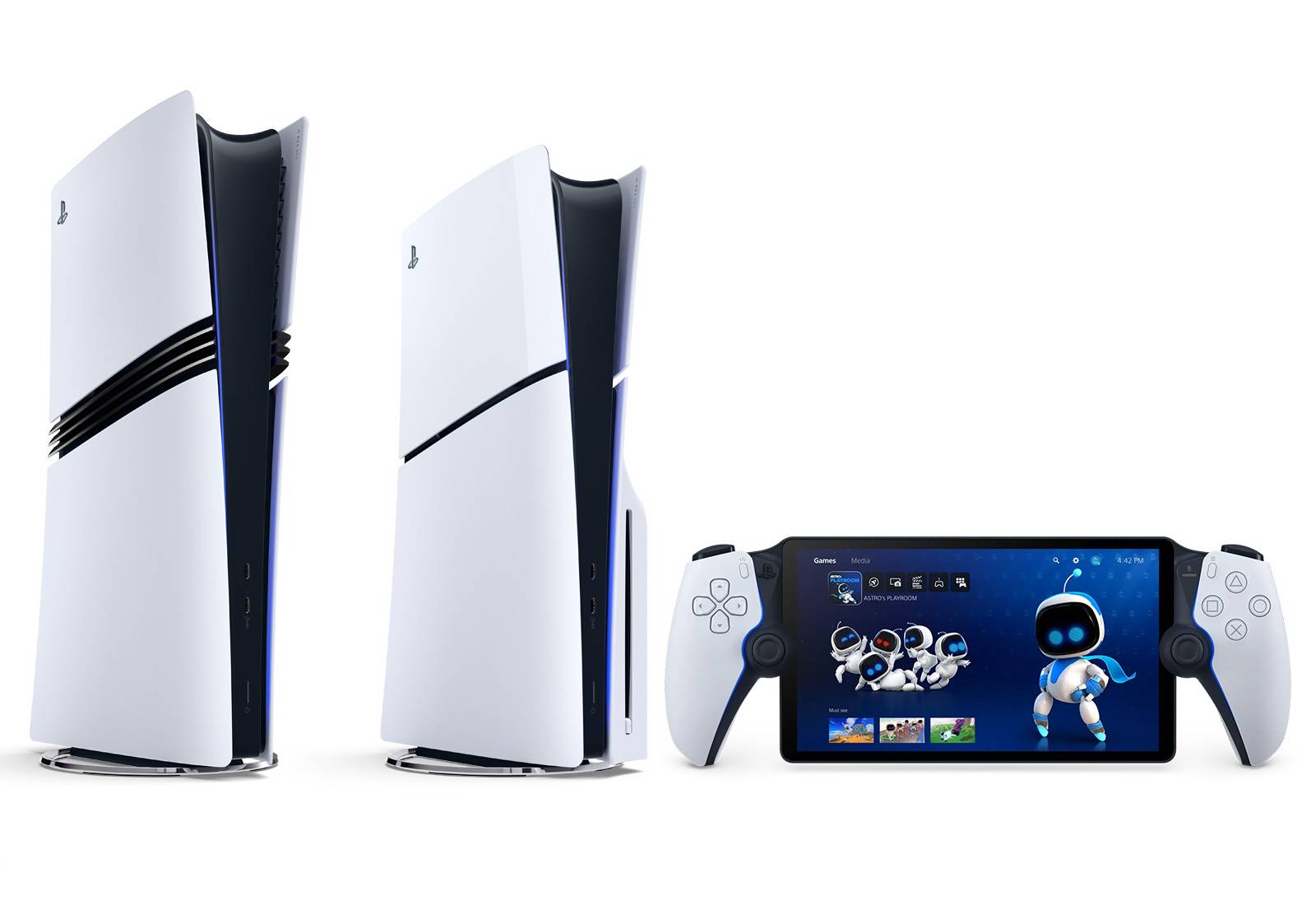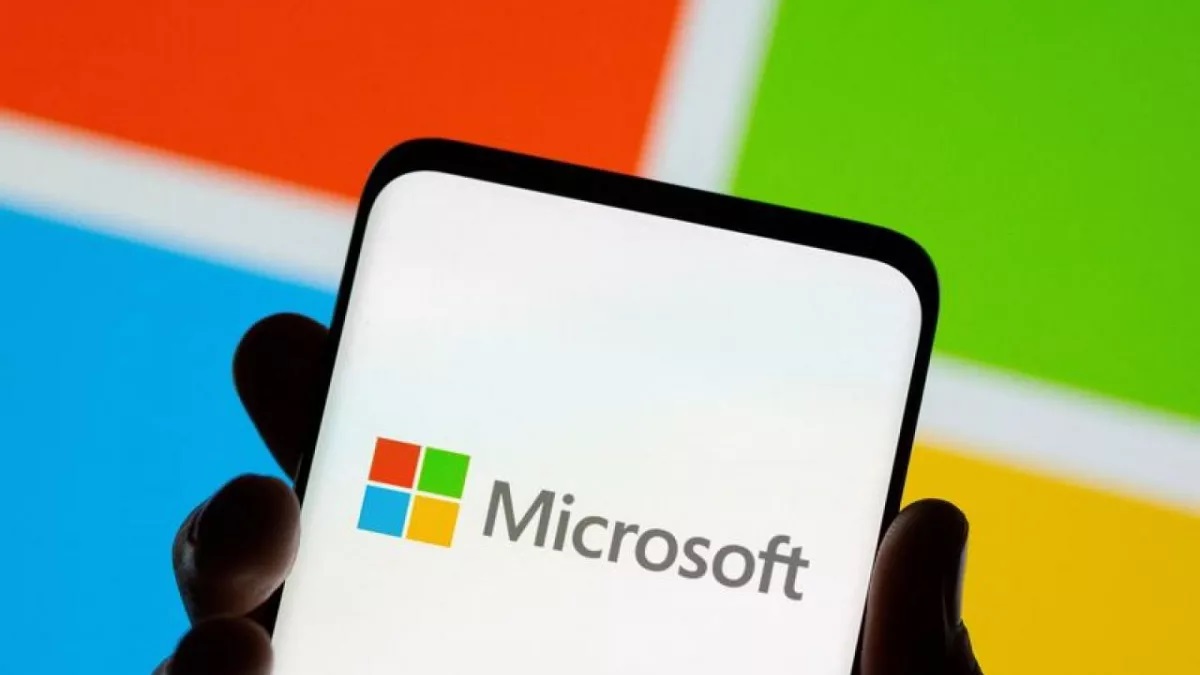- Sony enables full PlayStation Cloud Streaming on PS Portal, ending its PS5 dependency.
- The update transforms Portal into a true handheld for travelers and cloud-first gamers.
- Early tests show strong performance on Wi-Fi 6, but 5G results vary.
- A new market opens for players who don’t own a PlayStation console.
For almost a year, the PS Portal was a riddle. A beautiful screen with no brain of its own. A handheld that couldn’t play unless your PS5 was on at home. But as of November 5, 2025, that changes. Sony’s new update enables full PlayStation Cloud Streaming on the Portal, turning it from a remote mirror into a true standalone handheld.
It’s the biggest transformation the device has seen since launch, and it might finally give it the identity it always needed.
What Happened

On November 5, Sony confirmed via the official PlayStation Blog that Cloud Streaming is now live on the PS Portal in supported regions. That means players can stream PS5 and PS4 titles directly from Sony’s cloud servers without needing a console at home.
The rollout includes full integration with PlayStation Plus Premium, the only subscription tier that supports cloud play. Sony also published a setup guide the same day, detailing how users can activate the feature via firmware update 2.0.
It’s a surprisingly swift evolution. The PS Portal launched in late 2023 as a dedicated Remote Play device, meant to stream games from your own PS5 over a local or remote connection. At the time, Sony dismissed questions about cloud support, saying the hardware was “optimized for console owners.” Two years later, that narrative has flipped.
Why It Matters
This update instantly removes the biggest barrier to owning a PS Portal: you no longer need a PS5. That alone opens the door to millions of potential users, especially those who game primarily through cloud services like Xbox Cloud Gaming or GeForce NOW.
For frequent travelers, it’s an even bigger deal. You can now pack the Portal and jump into Spider-Man 2 or Horizon Forbidden West from a hotel room, airport lounge, or coffee shop, without worrying about whether your console back home is powered on.
It’s also a major strategic shift for Sony. The company has been cautious with cloud gaming, often letting Microsoft and Nvidia define the space. This move shows real intent to compete. Instead of positioning the PS Portal as a niche accessory, Sony is repositioning it as the entry point to the PlayStation ecosystem, no console required.
How It Performs

Performance depends entirely on your connection. Digital Foundry measured about 60–80 milliseconds of extra input lag under ideal conditions, even with a wired PS5 and the Portal close to the router. That’s roughly four to five frames of delay, fine for slower titles, noticeable in shooters or racers. Wired found similar results. Even with a 500 Mbps home network, testers saw stuttering, blur, and occasional input lag while cloud streaming.
There’s still no verified data comparing Wi-Fi 6 to 5G performance. Reviews agree the Portal feels best on a strong home network, with results varying widely on mobile data. Despite its limits, the crisp 8-inch display and DualSense haptics make it far more comfortable than a phone-plus-controller setup.
The Cost Equation
So, where does the PS Portal fit in now? Here’s the math:
- PS Portal ($199.99) + PS Plus Premium ($17.99/month) = Instant access to hundreds of PS4 and PS5 titles via the cloud.
- Backbone + Smartphone = Cheaper upfront, but relies on a less stable mobile app and an inconsistent controller feel.
- Steam Deck + Remote Play = More flexibility, but a heavier setup and shorter battery life.
In short, the Portal now makes sense for players who value simplicity and want a “PlayStation-only” handheld that just works. It’s not for tinkerers or modders. It’s for people who want to dive into a game without configuring VPNs or juggling input devices.
The Catch

There are still limits. Cloud library availability varies by region. Sony’s servers remain concentrated in North America, Western Europe, and parts of Asia, which means latency will be higher in unsupported territories.
The device also remains locked to Sony’s ecosystem; there’s no Netflix, YouTube, or browser app. You can’t download games locally, either. Everything still depends on the cloud, which means a bad connection equals a bad experience.
And while cloud gaming has improved dramatically, it still can’t fully replace native play. Action-heavy games like Demon’s Souls or Helldivers 2 demand precision that even the best networks sometimes can’t guarantee.
What’s Next
With this update, Sony has effectively breathed new life into the PS Portal right before the holiday season. Expect fresh marketing pushes and possibly new bundles that pair the Portal with PS Plus Premium trials.
Looking ahead, the real test will be how Sony expands its cloud infrastructure. If the company can reduce latency and improve bitrate consistency, the Portal could become a true rival to Xbox’s cloud-first approach.
For now, though, the transformation is undeniable. The PS Portal has gone from an accessory to an independent console, one that travels with you, connects you instantly, and finally feels like the future Sony promised.
Thank you! Please share your positive feedback. 🔋
How could we improve this post? Please Help us. 😔
[Comparisons Expert]
Shehryar Khan, a seasoned PC hardware expert, brings over three years of extensive experience and a deep passion for the world of technology. With a love for building PCs and a genuine enthusiasm for exploring the latest advancements in components, his expertise shines through his work and dedication towards this field. Currently, Shehryar is rocking a custom loop setup for his built.
Get In Touch: shehryar@tech4gamers.com




